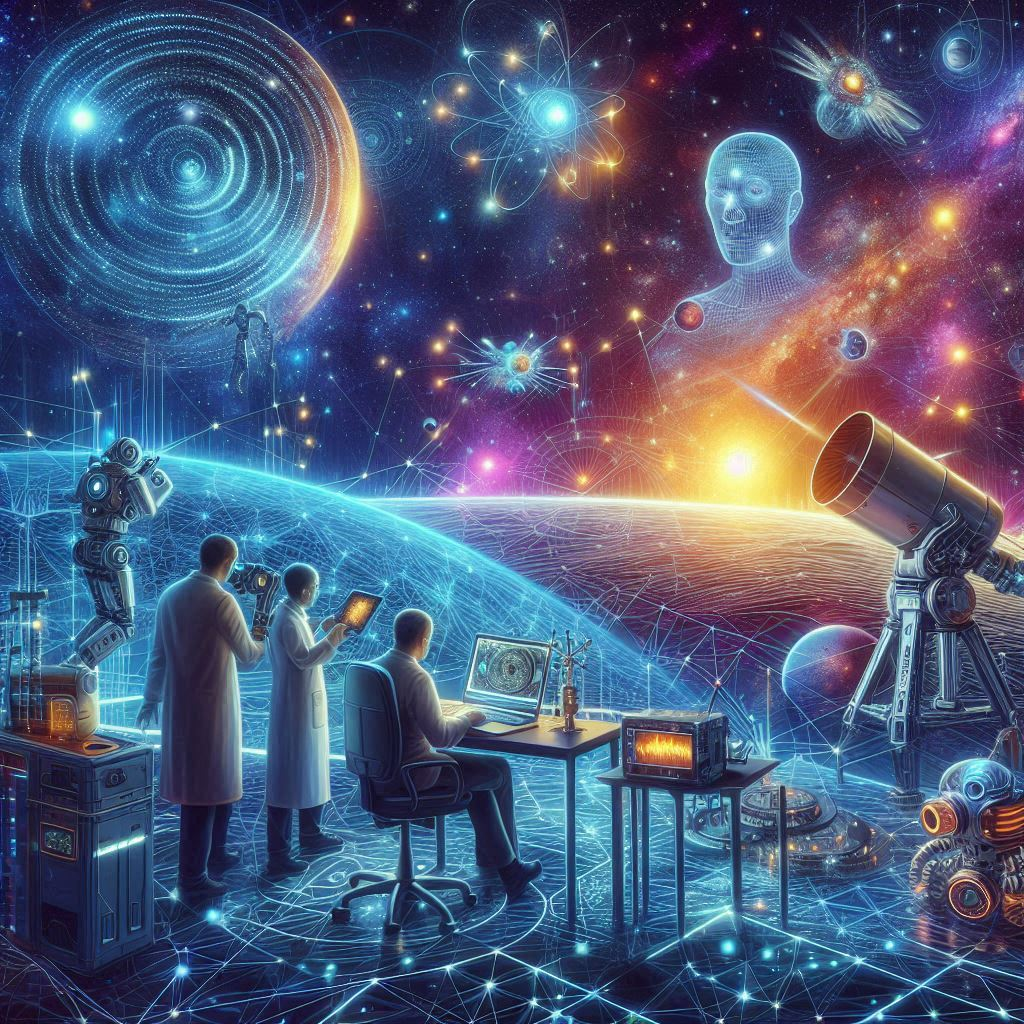TESS: Transiting Exoplanet Survey Satellite or otherwise known as TESS is a prime example of AI being used to explore space. TESS surveys the entire sky in sectors, each observed for about 27 days. It detects exoplanets using the transit method, measuring dips in star brightness as planets pass in front.
Data Analysis: TESS has unveiled over 7,000 potential exoplanets, thanks to AI algorithms that sift through vast amounts of light curve data. These algorithms discern genuine planetary transits from misleading signals, enabling astronomers to effectively validate exoplanet candidates. Both supervised and unsupervised machine learning techniques are employed to categorize stellar systems and detect anomalies, despite data imperfections.
Looking Ahead: Although the use of AI in space exploration is still in the early stages of development, it has shown great promise. The machine learning algorithms applied by TESS have led to significant advances in our understanding of planetary systems. TESS’s dataset is still being explored, and ongoing analysis will reveal more insights about our universe.
As AI and space technology continue to advance, we can look forward to even more exciting exploration in the future. The ongoing evolution of AI will drive significant progress in our exploration and understanding of the universe.

